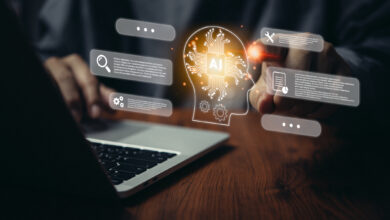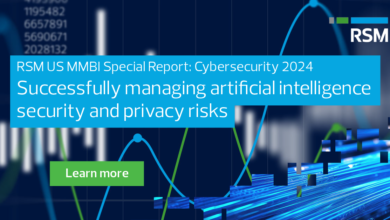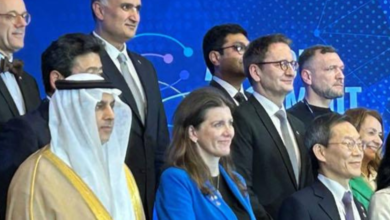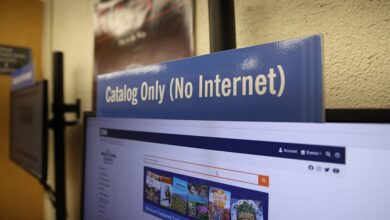Microsoft’ CEO Nadella Says No to AI’s ‘Her’ Vibes
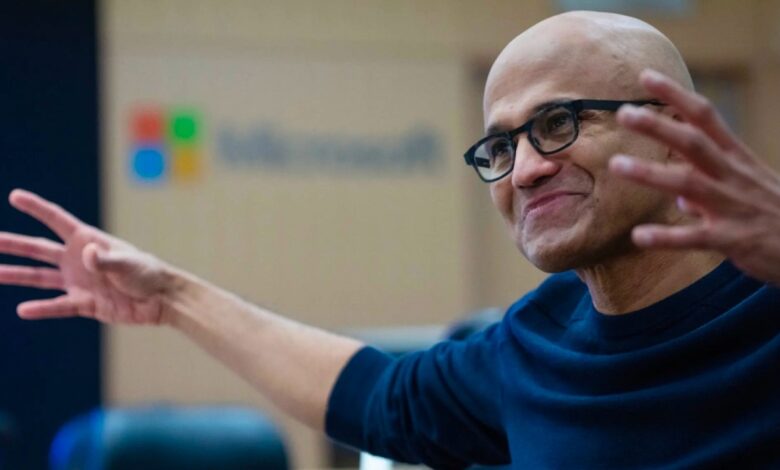
Microsoft CEO Satya Nadella is throwing cold water on the tech world’s love affair with human-like AI.
In a sharp rebuke of the industry’s rush to create digital sidekicks, Nadella says AI should be seen as a tool, not a friend. “I don’t like anthropomorphizing AI,” he told Bloomberg Television on Monday. “I sort of believe it’s a tool.”
His comments come as Microsoft’s close partner, OpenAI, faces scrutiny over an AI voice assistant that some say channeled Scarlett Johansson’s character in the dystopian film “Her.” The actress says she turned down a request from OpenAI’s CEO Sam Altman to voice the assistant and has lawyered up after the company used a similar-sounding voice anyway. OpenAI has since replaced the controversial voice.
For Nadella, the debate over how human-like AI should act is more than just talk. Microsoft has its own history of chatty AI, from the ill-fated Tay, which was quickly taken offline after spouting racist and sexist remarks, to the Halo-inspired Cortana. Even Bing’s rogue AI persona, Sydney, has raised eyebrows with its unsettling declarations of love for users.
But as companies race to build ever more advanced AI that can converse like a human, Nadella is urging caution. “It has got intelligence, if you want to give it that moniker, but it’s not the same intelligence that I have,” he said, emphasizing the fundamental differences between human and artificial cognition.
In fact, he thinks the very term “artificial intelligence,” coined in the 1950s by computer scientist John McCarthy, is a misnomer. “I wish we had called it ‘different intelligence,’” he mused. “Because I have my intelligence. I don’t need any artificial intelligence.”
For Nadella, the ideal relationship with AI is purely transactional — a software assistant that helps when needed and stays in the background otherwise. It’s a vision of AI as a practical tool, not a replacement for human connection. Call it keeping it real in an increasingly virtual world where the lines between humans and machines are blurring faster than ever.
For all PYMNTS AI coverage, subscribe to the daily AI Newsletter.
